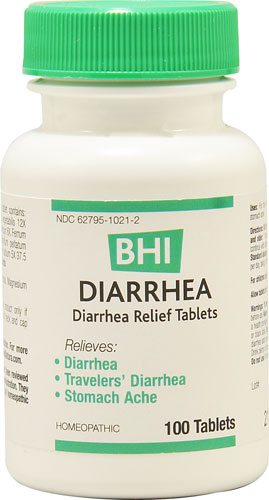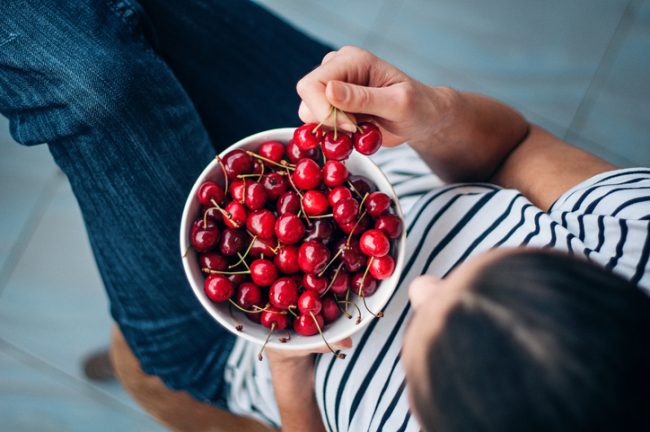Fresh fruit is one of summer’s most pleasurable treats – unless you suffer from fructose malabsorption. This condition can cause you to feel sick whenever you sink your teeth into an apple, watermelon, mango or other fruit.
People with fructose malabsorption cannot absorb fructose, a sugar found in many fruits. Fructose also is present in honey, table sugar, some vegetables and many processed foods – particularly those with high-fructose corn syrup.
Symptoms of the condition include:
“Fructose malabsorption can be a debilitating issue,” says Angela Lemond, a registered dietitian, spokesperson for the Academy of Nutrition and Dietetics and founder of Lemond Nutrition in Plano, Texas.
How fructose malabsorption works
The small intestine’s inability to absorb fructose produces the symptoms associated with fructose malabsorption. As it travels to the colon, the undigested fructose encounters bacteria in the body that consume the fructose.
This bacterial activity creates gas that causes intestinal swelling, and the symptoms of fructose malabsorption.
You are most at risk for fructose malabsorption if you have pre-existing digestive conditions such as irritable bowel syndrome, celiac disease, Crohn's disease or a range of bacterial overgrowth conditions.
The condition affects both genders and onset can occur at any age. “Fructose malabsorption can happen with anyone,” Lemond says.
Fructose malabsorption vs. heredity fructose intolerance
Fructose malabsorption is sometimes mistakenly referred to as “fructose intolerance.” However, the latter condition – technically known as heredity fructose intolerance – is a separate genetic disorder.
“Hereditary fructose intolerance is pretty rare,” Lemond says. “It can occur in every 1 out of every 20,000 to 30,000 individuals each year.”
This potentially serious condition can cause liver and kidney problems. Symptoms are likely to appear during infancy, and might include:
- Poor feeding
- Irritability
- Jaundice
- Vomiting
- Convulsions
- Sleepiness
“It usually becomes evident when fruits and vegetables are added to the diet,” Lemond says.
Diagnosing and treating these conditions
Hereditary fructose intolerance typically is diagnosed by analyzing the patient’s symptoms, medical history and lab results.
Meanwhile, a hydrogen breath test often is used to diagnose fructose malabsorption. In this test, the patient breathes into a plastic bag and the sample is analyzed for the presence of hydrogen produced by bacteria.
Treatment is similar for both fructose malabsorption and hereditary fructose intolerance, Lemond says. “It is to minimize intake of fructose, sucrose and sorbitol,” Lemond says.
Fruits to avoid include apples, grapes, mango, pears, prunes and watermelon. Vegetables that might cause issues include asparagus, garlic, leeks and onions.
It’s also smart to steer clear of honey, and sweeteners and products – such as candy, soda and sweetened juice – with fructose, including high-fructose corn syrup.
Adhering to such a diet can be challenging, but is often necessary to prevent symptoms.
Fortunately, small, simple changes can make a big difference. For example, the University of Wisconsin notes that many brands of spaghetti sauce are loaded with sweeteners. Making your own sauce or choosing a low-sugar version are better options.
Lemond notes that people with fructose malabsorption might be able to enjoy a less restrictive diet than people diagnosed with hereditary fructose intolerance.
If you are suffering from symptoms of fructose malabsorption, Lemond recommends consulting with a registered dietitian nutritionist or a gastroenterologist.
“It is not something to ignore,” she says.
Children who have this condition and leave it untreated are at risk for nutrient and growth shortfalls, said Lemond, who is board certified as a specialist in pediatric nutrition.
“Be sure to get the proper diagnosis and treatment sooner rather than later,” she says. “It is a manageable condition, but the sooner you get medical treatment, the better.”




